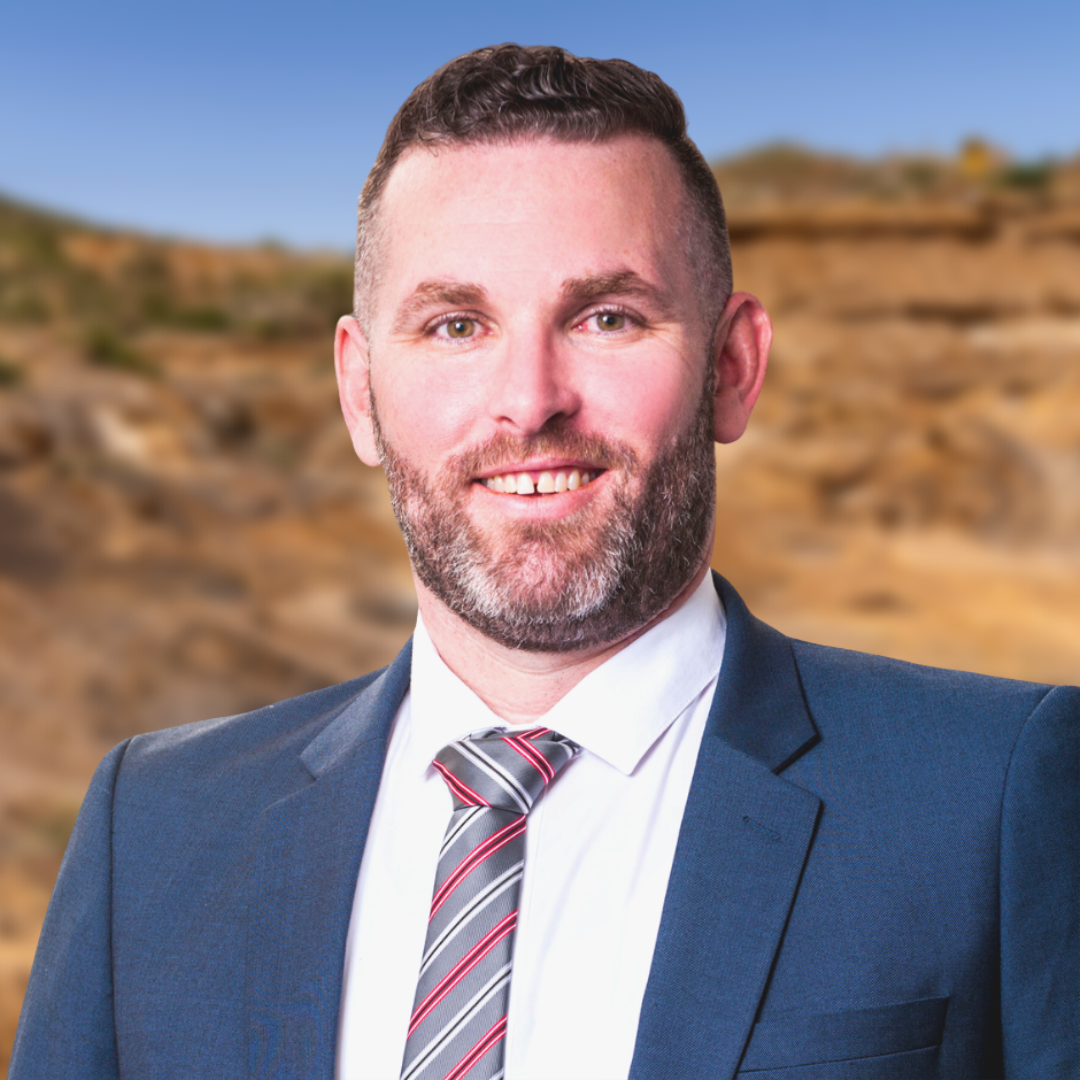Leaving behind a structured executive role in mining and resources—whether due to redundancy, career progression, or personal choice—often presents a valuable opportunity: the chance to consult.
For many former executives, consulting seems like a natural next step. The expertise is there, the contacts are solid, and the flexibility is appealing. However, while starting a consultancy can appear straightforward, getting it wrong from a structural or tax perspective can turn a golden opportunity into a financial headache.
Don’t Rush the Setup: Business Structures Matter
The excitement of starting out often leads to setting up an operating structure quickly without understanding the best structure for your needs. However, before jumping in, it’s worth taking a step back and asking three essential questions:
- What’s the purpose of this consultancy? Is it short-term, long-term, or a stepping stone?
- What risks might I be exposed to? Do you need legal separation between your personal assets and business activities?
- Who are your potential clients? Some large organisations only contract with companies—not sole traders.
You may end up trading as a sole trader (ABN), through a company, or via a trust with a corporate trustee. Each option carries different implications for tax, cost, and risk. For example, trading in your personal name is low-cost but exposes your personal assets. Setting up a trust or company can cost more upfront but may provide additional asset protection.
For many executives entering consultancy, a company structure is often the obvious choice—but the details need to be tailored to your unique goals and financial position.
Income Splitting Isn’t a Given
A common question we receive is: “Can I now split my income with my spouse or family or otherwise retain my profits in my operating structure?” The short answer: not always.
This is where Personal Services Income (PSI) rules come into play. These ATO rules can limit how income is distributed if you’re essentially being paid for your personal skillset (which is common in consultancy arrangements). If you only have one or two clients, and you’re the one delivering the work, PSI restrictions will likely apply.
If, however, you meet certain criteria—such as having multiple unrelated clients and running a more business-like operation—you may qualify as a Personal Services Business (PSB), giving you more flexibility. But again, this is nuanced and structuring it incorrectly could result in ATO scrutiny or unpaid tax liabilities.
This is one area where professional advice is crucial. We’ve had numerous clients come to us with problematic setups, often established with good intentions but lacking the detail needed for tax efficiency.
Salary, Super, and Tax Planning
Once your business is set up, paying yourself properly is the next consideration. This includes managing your cash flow, superannuation contributions, and tax obligations.
Rather than waiting for a large year-end tax bill, many consultants benefit from paying themselves a regular wage throughout the year. This also makes it easier to contribute steadily to super and avoid the scramble in June to make last-minute payments.
We recommend:
- Subject to available cash flow, paying yourself a reasonable salary in line with your expected income. This will include paying regular PAYG withholding amounts to the ATO, which should reduce your year end tax bill.
- Making monthly or quarterly super contributions to stay ahead.
- Considering a combination of salary and dividends (where appropriate) to manage tax liabilities.
If you’re prone to spending income as it comes in, regular wage, PAYG withholding and superannuation payments can also prevent the temptation to overextend and ensure money is set aside throughout the year.
Business Cars and the FBT Trap
The company car is one of the most misunderstood benefits for new consultants. While it’s tempting to buy a vehicle through the business for a tax deduction, the Fringe Benefits Tax (FBT) implications can outweigh the savings—especially if personal use is high.
Key things to consider:
- The car limit for depreciation deductions is around $60,000—spending more to purchase a new car won’t give you more depreciation deductions.
- Business use must be substantiated with a valid logbook.
- If personal use dominates, the FBT bill can be substantial—sometimes $30,000+ per year.
In many cases, unless you can demonstrate 70–80% business use, you may be better off purchasing the vehicle personally and claiming a limited work-related deduction.
Separate Your Finances (Properly)
A simple but often overlooked step is maintaining separate bank accounts for your consulting business. All income should go into a business account, and only business expenses should be paid from it.
Mixing personal and business expenses not only creates headaches for your accountant but may also weaken your position in the event of a tax audit or dispute over income classification.
What About Your Investments and Long-Term Goals?
In our podcast with William Buck’s Scott Lindeblad, we explored a case study of a couple with $3 million in personal investments and a sole trader consulting business. The advice? Restructure early, with future goals in mind.
Key considerations included:
- Moving personal investments into a family trust with a corporate trustee for tax efficiency, asset protection and estate planning benefits.
- Shifting from sole trader to company for asset protection, particularly when dealing with large corporate clients.
- Using a corporate beneficiary to hold excess income and distribute it strategically when income is lower or in retirement.
It’s not just about tax. It’s about protecting your personal assets, reducing risk, and ensuring that your structure evolves as your business grows.
Ready to Take the Next Step?
Becoming a consultant after a successful executive career can be incredibly rewarding—but only if the structure behind it supports your goals, protects your assets, and works with the tax system—not against it.
For personalised advice on launching your consultancy the right way, contact Craig Barry at +61 (0) 7 3007 2000 or email contact@resourcesunearthed.com.au.
Let us help you transition confidently into the next chapter of your professional life—on your terms.










